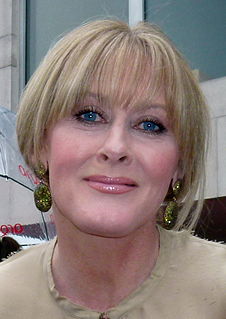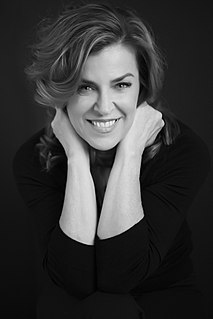A Quote by Michael Sandel
Today if you look at most economic textbooks, economics is not defined by subject matter. It's presented as a science of social choice that applies not only to material goods - not only to flat-screen televisions - but to every decision we make, whether it's to get married, or to stay married, whether to have children and how to educate those children, or how to look after our health.
Related Quotes
My own foundation concentrates on women's economic empowerment on the basis that if women have their own money and are able to support themselves, they can make choices about what happens to them in their lives, about whether they have education, whether they get married, and what happens to their children.
I want children who can make eye contact. I want children who know how to resolve conflicts with their peers. I want children who understand the dynamics of interpersonal relationships that are physical and tactile. I do not want children that only know how to interface with the world through a screen.
I have a big TV screen and I sit there and watch the Premier League and I get angry sometimes - 'I'm better than that guy sitting there.' Of course, I am joking. But I analyse. I look at it technically, how they play, how they defend, how they attack, why did he change that player? That's the only way I can look at it after all these years.
To look into some aspects of the future, we do not need projections by supercomputers. Much of the next millennium can be seen in how we care for our children today. Tomorrow's world may be influenced by science and technology, but more than anything, it is already taking shape in the bodies and minds of our children.
I say to people that it's a choice that we make every day in our lives. Doesn't matter what you're going through. You don't have to be going through what I went through. But it's whether you decide to get up or stay down, whether you say 'yes' or whether you say 'no' to life. Basically, I decided to say, 'Yes.'









































